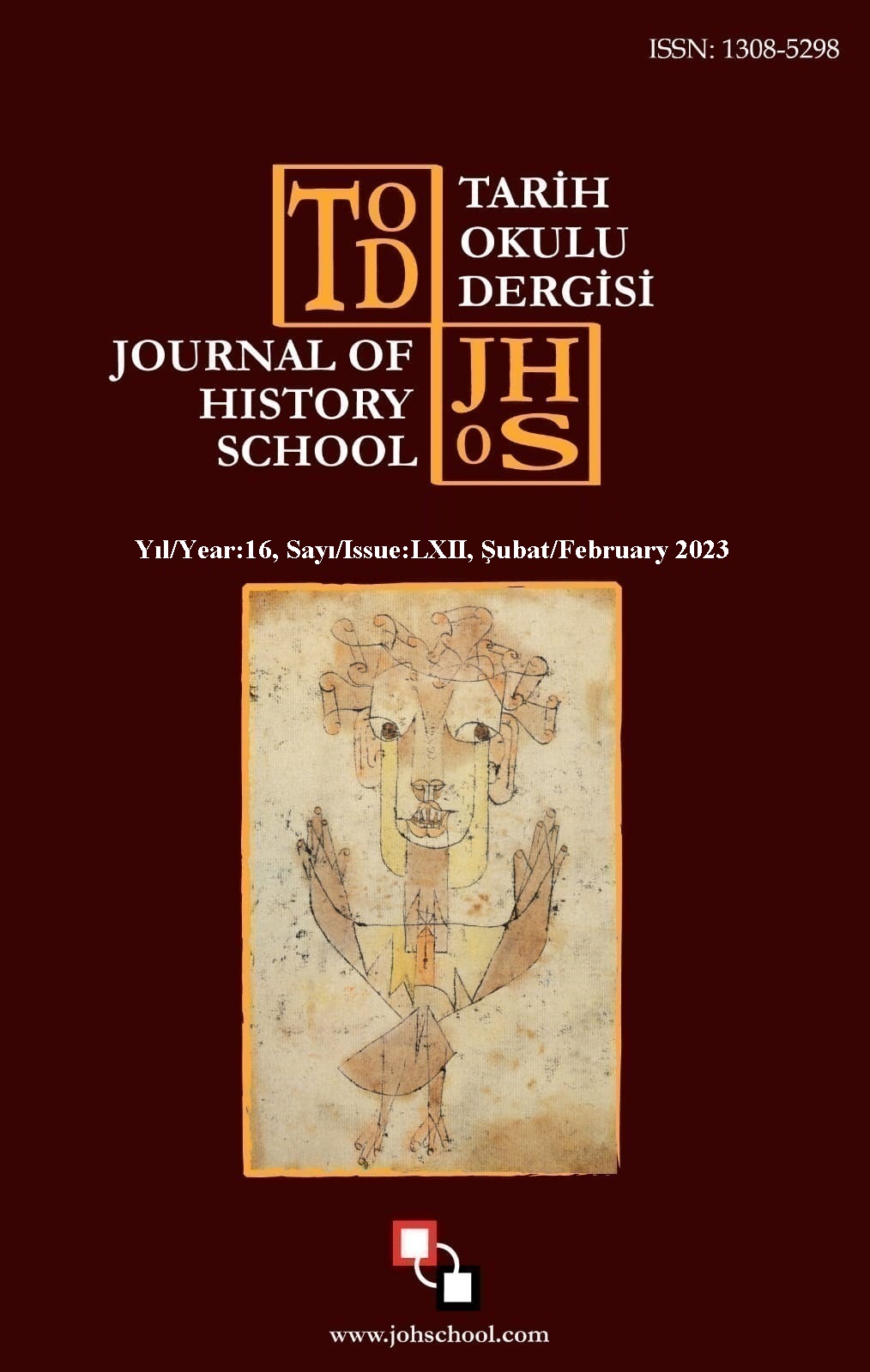Author :
Abstract
Mitler insanın en temel ihtiyacı olan anlam sorununa anonim cevaplar veren sembolik formlardır. Modern zamanlar ile insanların anlam anlayışı bitmemiş aksine akıl ve bilime alternatif olarak beliren bir çok eski anlatı giderek güçlenmiştir. Modernizmin bir ürünü olan ideolojiler de anlam sorununa özel bir önemle yaklaşmış ve birer büyük anlatıya dönüşerek mitleri, ritüelleri ve sembolleri etkin biçimde kullanmıştır. İnsanın ve doğanın kökenine dair tasvirler ve nedenler içeren mitler ideolojilerin etkin sembolik biçimlerindendir. Mitlerin siyasi sembolizm okuması içindeki yerleri daha çok kolektif hafıza yaratma süreçlerinde geçmiş ile kurulan bağlantıda dikkat çekmektedir. Eski zamanlara atfedilen değerler içerisinde mitler sembolik bir biçimde yüce anlamları temsil ederler. Bir siyasi sembolizm okuması olarak bu durum mitlerin coşkulara hitap etmedeki önemine vurgu yapar. Öte yandan mitler özellikle tüketim davranışı içerisinde metanın yerine geçerek bir reklamcılık mantığına da hizmet eder. Mit sembolün ötesinde bir gösterilen ya da göstergeye dönüşerek ideolojinin eleştirel boyutu içerisinde yer edinir. Bu anlamda mitler ideolojilerin farklı iki tanımına bağlı olarak hem semantik hem de semiyotik boyutta işlevler barındırır.
Keywords
Abstract
Myths are symbolic forms that provide anonymous answers to the problem of meaning, which is the most basic human need. With modern times, people's understanding of meaning has not ended, on the contrary, many old narratives that have emerged as an alternative to reason and science have become stronger. Ideologies, which are a product of modernism, have also approached the problem of meaning with special importance and have effectively used myths, rituals and symbols by transforming into grand narratives. Myths, which contain descriptions and reasons for the origin of man and nature, are among the effective symbolic forms of ideologies. The place of myths in the reading of political symbolism draws attention mostly in the connection with the past in the processes of creating collective memory. Within the values attributed to ancient times, myths symbolically represent sublime meanings. As a reading of political symbolism, this highlights the importance of myths in appealing to emotions. On the other hand, myths also serve an advertising logic by replacing the commodity, especially in consumption behavior. Myth takes its place in the critical dimension of ideology by transforming into a sign or sign beyond the symbol. In this sense, myths have functions in both semantic and semiotic dimensions depending on two different definitions of ideologies.





